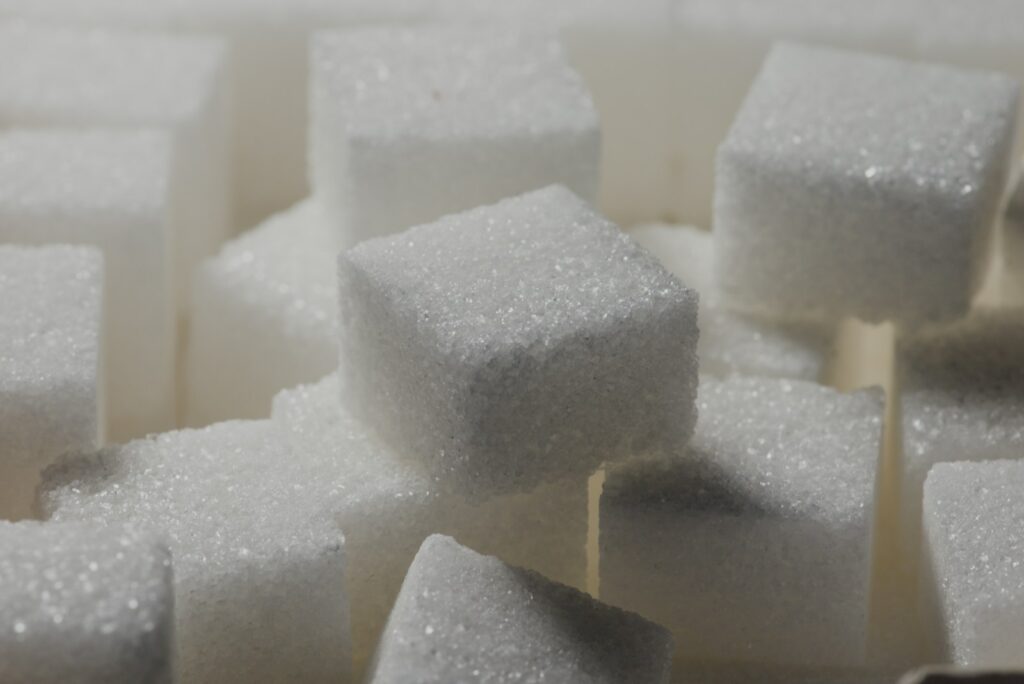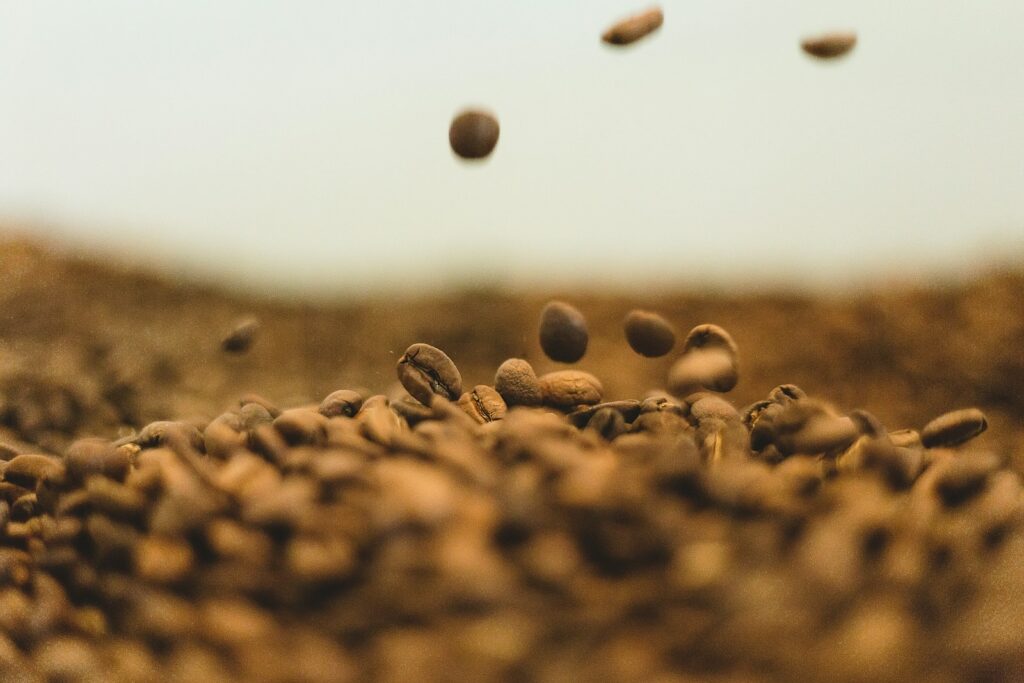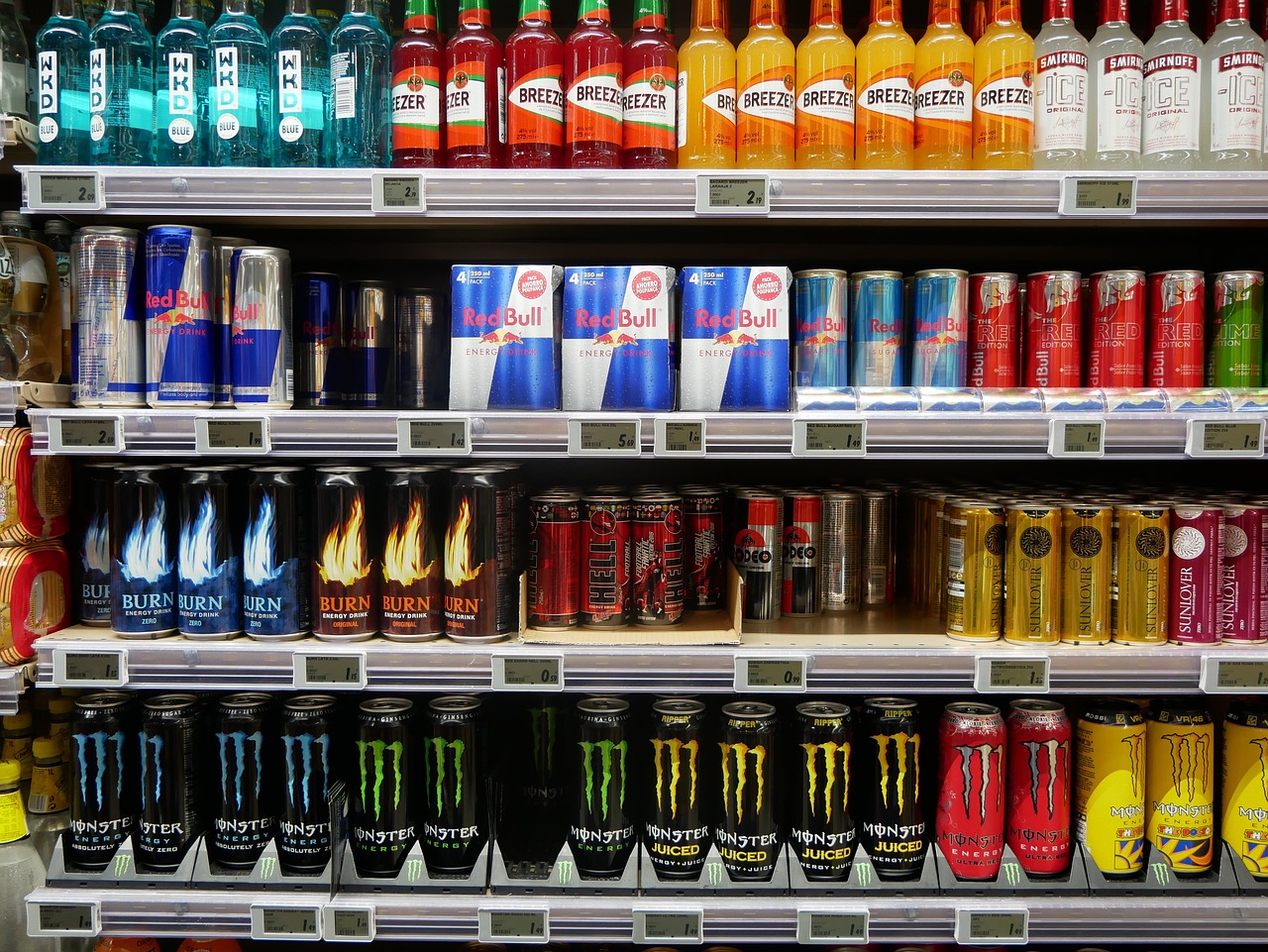Ever notice that the most energetic people you know don’t drink energy drinks, and the people who drink these cans seem to be among the least energetic? That’s what I refer to as a fascinating observation, and it’s when things start to get really interesting. Let’s lift the curtain and explore the bubbling truth behind these well-liked remedies.
Instant Energy: The Allure
Energy drinks are viewed as elixirs in supercharged containers that promise to jolt us into heightened alertness and productivity. In their scatter-gun cans and snappy phrases, they flirt from the shelves like neon sirens, enticing possibilities with the promise of quick energy. But what’s really within these cans of promise? Caffeine is one of the most effective stimulants used in energy drinks. That means a single 8-ounce energy drink can really pack a punch of as much as 80 milligrams of caffeine—certainly not a small jolt by any stretch if the U.S. FDA daily cap on caffeine is 400 milligrams.
Caffeine, the beloved brain booster, works wonders by blocking adenosine, a sleepy little mind chemical associated with relaxation and leisure time. When coffee enters the brain, it acts like a noisy party, causing neurons to fire and dance to the rhythm of enlarged mental movement. This is why, after a taste or two, we feel as if we’ve been hit by an electrical shock, ready to face our plans for the day with the ferocity of a charged cheetah.

Sugar: The Fleeting Run
How about we add sugar, the second key ingredient in this blend? Caffeinated beverages are usually high in sugar, with some brands containing between 21 and 34 grams per ounce. That is a lot of sugar, especially considering that the FDA suggests capping our daily added sugar consumption at 50 grams. Caffeinated beverages include sugar from sources such as sucrose, glucose, or the infamous high-fructose corn syrup. While it may provide us with a quick burst of energy, similar to a runner jogging from a starting position, this sugar rush is likely to last only as long as a sitcom without commercials.
The incongruity does not escape us: caffeinated beverages, designed to make us feel like superheroes, can actually leave us feeling more like buddies after some major time-wasting battling. Sugar and caffeine can cause our glucose levels to jump and then drop, leaving us feeling sluggish and exhausted. It’s like going on a rollercoaster without the excitement of a carnival.

The Prevalence Notwithstanding the Entanglements
Despite these obstacles, caffeinated beverages have grown in popularity, with global sales projected to reach $57 billion by 2020. They’ve become the go-to supplement for some, notably teens and young people in the United States, who put them second only to multivitamins in terms of dietary supplement popularity. Most caffeinated drinks have a caffeine level of 100 to 300 mg per serving, which is within the safe range for most individuals. Nonetheless, pregnant or lactating women should limit their intake to 200 milligrams, and the American Institute of Pediatrics strongly advises children and adolescents to avoid caffeine and energizers altogether.
Caffeine and Wellbeing: The Fragile Equilibrium
The effects of caffeine on human health are varied. On the one hand, it can improve our attention to detail, response time, and focus, as well as help us avoid the sluggishness that comes with not getting enough sleep. It has even been linked to a decreased risk of some serious conditions, such as Parkinson’s and Alzheimer’s disease. On the other hand, too much coffee may make us jumpy, irritable, sleep-deprived, and, in extreme circumstances, trigger palpitations and gastrointestinal problems. It’s a delicate balance, similar to managing a perilous position while shuffling hot espresso.

Of course, then there is sugar. A little sweetness in life is wonderful, but way too much additional sugar is going to harm our health in many ways. That is why the Dietary Guidelines for Americans recommend that we consume no more than 10% of our total daily calories from added sugar. To put that into perspective, a single 16-ounce can of Monster Energy Juice Pacific Punch includes 47 grams of added sugar, which is equivalent to one day’s worth.
These energy beverages may contain a variety of substances, including vitamins, minerals, amino acids, and herbal supplements such as ginseng and guarana. Beware, even if it sounds healthful. The safety and efficacy of these supplements may be as hazy as a mint-free mojito, and interactions with prescription drugs can add an unexpected twist.
Cheers to Smarter choices
What’s the moral of the fizzy story? Energy drinks can surely boost our energy for a while, yet they are not superheroes dressed to the nines. They leave us fatigued and depleted, and who likes the sensation of a battery at 1%?
Choosing the correct fuel for our bodies, rather than the newest, flashiest can, requires finding a balance. It means that achieving increased vigor stems from a well-rounded lifestyle rather than an energy drink container. Remember that the best energy boost is one that lasts, not one that crashes like a wave on the beach.
Related posts:
Energy Drinks Make You Tired? You’re Not Alone
The buzz on energy drinks
Can Energy Drinks Ever Be Healthy? Here’s What to Know, According to Experts



